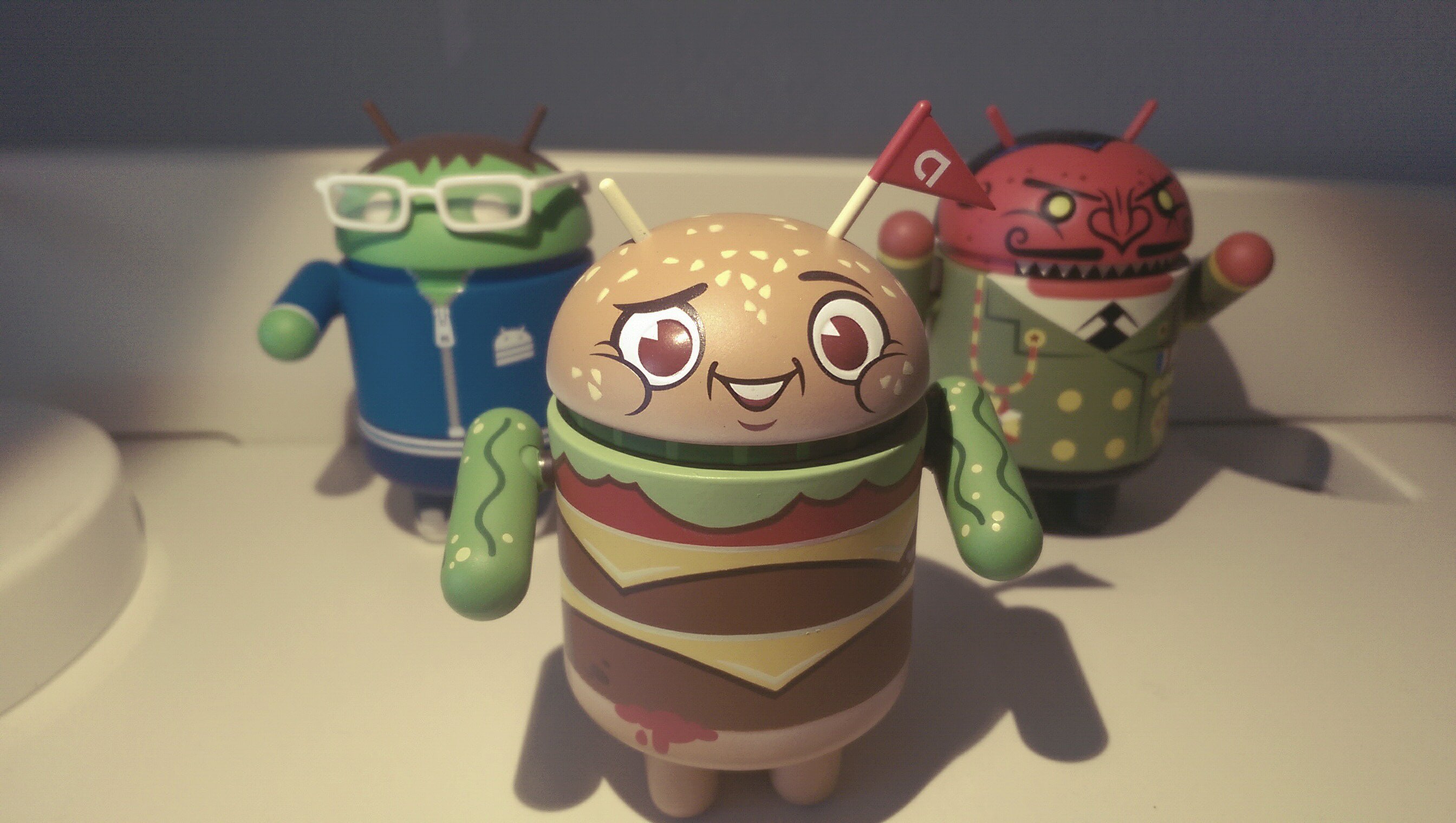I can’t confirm Bloomberg’s report that the the U.S. Federal Trade Commission and Justice Department allegedly are beginning a joint investigation into Google’s Android licensing agreements. But I can explain what it means. Striping to the bones, from an antitrust perspective, there are two pivot points: Monopoly position and exclusive contracts. Then there is the broader regulatory agenda: Correcting (or preventing future) consumer harm.
Globally, Android is unquestionably a monopoly in the market for smartphone operating systems. However, its dominance in the United States is comparably muted by competition from iPhone. Based on smartphone subscribers, Android’s share was 51.4 percent for the three months ending July 31, 2015, according to comScore. iOS ranked second with 44.2 percent. By cell phone manufacturer, Apple leads the market, with the same share, followed by Samsung (27.3 percent). Android is leading but declining—down 0.8 points, while iOS is up 1.1 points, from April to July.











